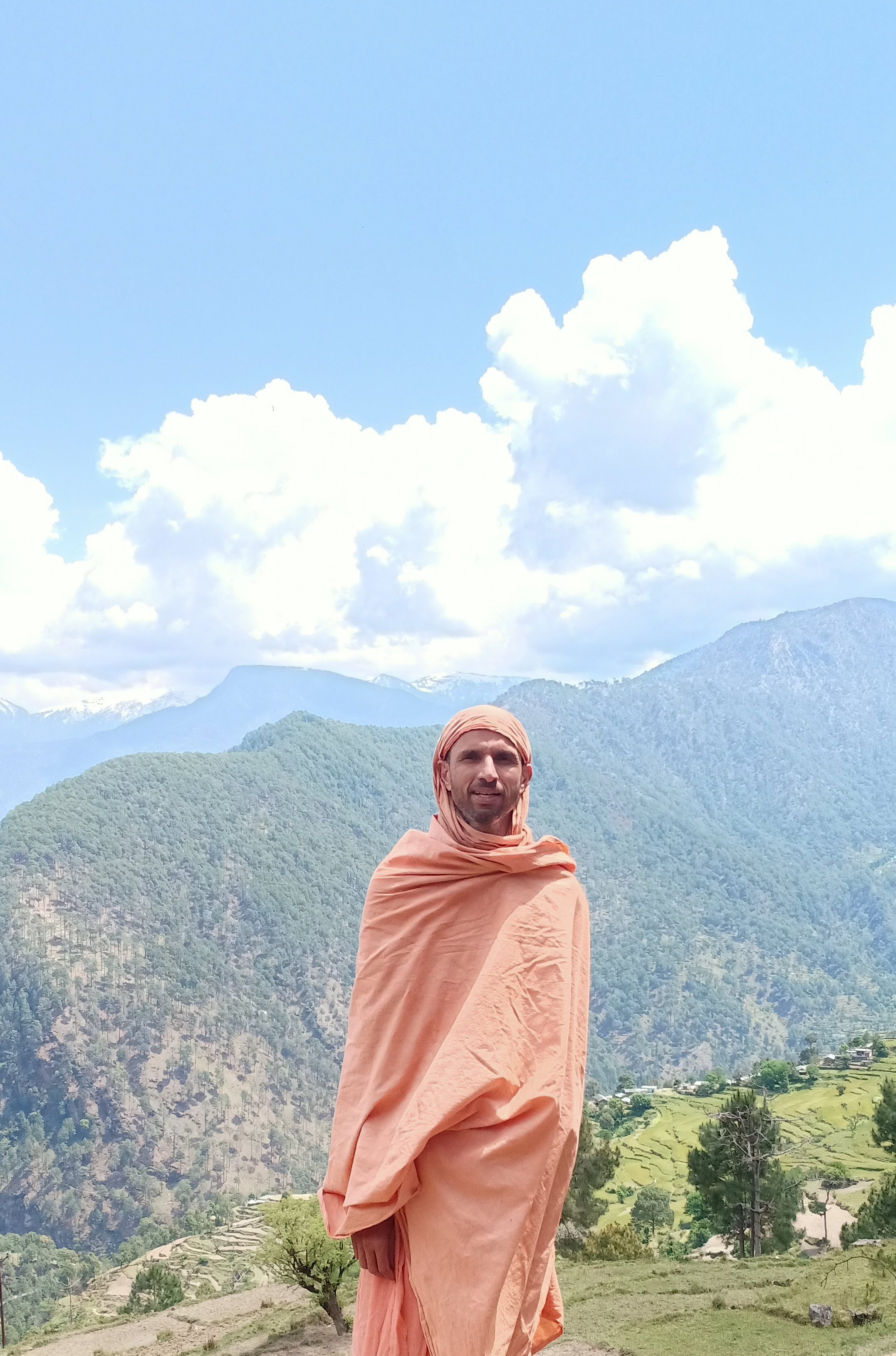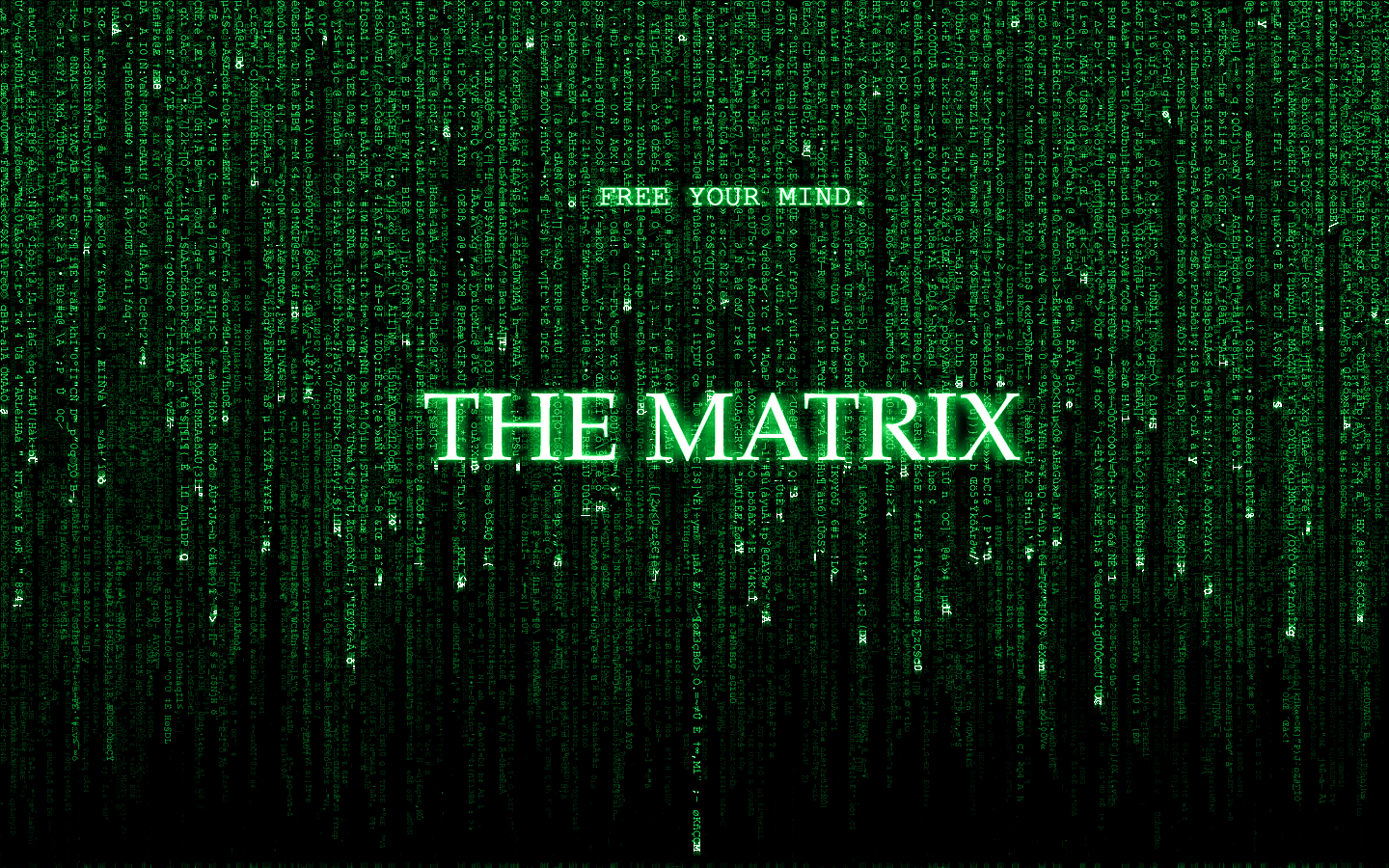“You ever have that feeling where you’re not sure if you’re awake or still dreaming?”
These are not words from a philosophical book but from a successful Hollywood movie.
It will soon be two decades since Matrix was released. It was a ground-breaking movie in that it dared to depict something that was until then only vague concept for most, except for those who had an active interest in eastern philosophies.
“The matrix is all around us,” proclaims the wise Morpheus to the newly awakened Neo. The Matrix is a symbolical reference to the world, which is equated to be nothing more than a simulation within the brain.
The movie was instrumental in introducing viewers to this concept of illusionary nature of our perceived world. Using the analogy of computer program, the movie integrated the modern scientific world’s adoption of an ancient eastern philosophical idea that the world around us is akin to a dream, experienced universally by all.
The ancient Indian non-dual traditions such as Advaita Vedanta and Buddhism are steeped in this view that the world around us is empty of any real or lasting substance. However, unlike a dream it keeps asserting itself repeatedly, day after day. These Eastern philosophies suggest that not only are the objects in the world made of conceptual names and forms, but the very notion of the existence of this world is mirage-like and a superimposition on our minds. This thought was central to the movie Matrix.
Several Scientists and Philosophers have long suggested on the lines of the Physicist A. S. Eddington; “The stuff of the world is mind stuff.”

Although Matrix was unique in style of presentation, this thought resonates intuitively with everyone. We all know through our daily experience that our waking state is not always available to us as we slip daily into sleep and dream states. So this world that what we take to exist at this moment will cease to exist at some point each day.
Ofcourse when life seems to be going for us, when we have found just the right job or partner in life, or have bought that perfect house that we dreamt of, the unreal nature of the world is something that we don’t want to consider. But when going through a heartbreak, or when all our efforts in some endeavor of life seem unsuccessful, there lies perhaps greater motivation to dabble in such ideas. There’s solace in such thought, even it if seems escapist, that reality lies elsewhere.
Clinging to worldly life is the path of seeking comforts and pleasures — the blue pill — that we all keep choosing on a regular basis. However such false hopes veils the truth and we seek out for that ‘promised land’. Perhaps that next relationship may result in “happy ever after” effect; maybe this next treatment will solve my long struggle with a specific health issue, or I might finally gain the respect of those whose attention I cherish.
Such thinking can never cut through the delusion proclaim the ancient contemplatives. Their message, relevant even for this day says that whether good or bad, all of our life is nothing but a mental projection. Freedom lies not in having a good dream but in knowing that it’s all a dream.
Being a commercial movie however, Matrix seemed compelled to present the protagonist in a somewhat superhuman role and move away from the choices an average Joe goes through. The movie, and its sequels, yielded to the proven Hollywood model of depicting the glorious battle between good and bad….and maybe even borrowing some imaginations from modern cults.
Nevertheless, this daring Hollywood creation has left behind a taste of truth, and a curiosity in many to explore into the true nature of reality. Potent with insightful one-liners such as the wise Morpheus commenting to the confused Neo on the difference between “knowing the path and walking the path,” Matrix is truly one of a kind where art serves as a medium into spiritual and philosophical inquiry.
Even having a vague idea of the Matrix, and to question the solid reality of our daily life is already a great start for anyone seeking true inner freedom. It is a step towards freedom from our own conceptual mind as Morpheus advices: “You have to let it all go, Neo. Fear, doubt, and disbelief. Free your mind.”


